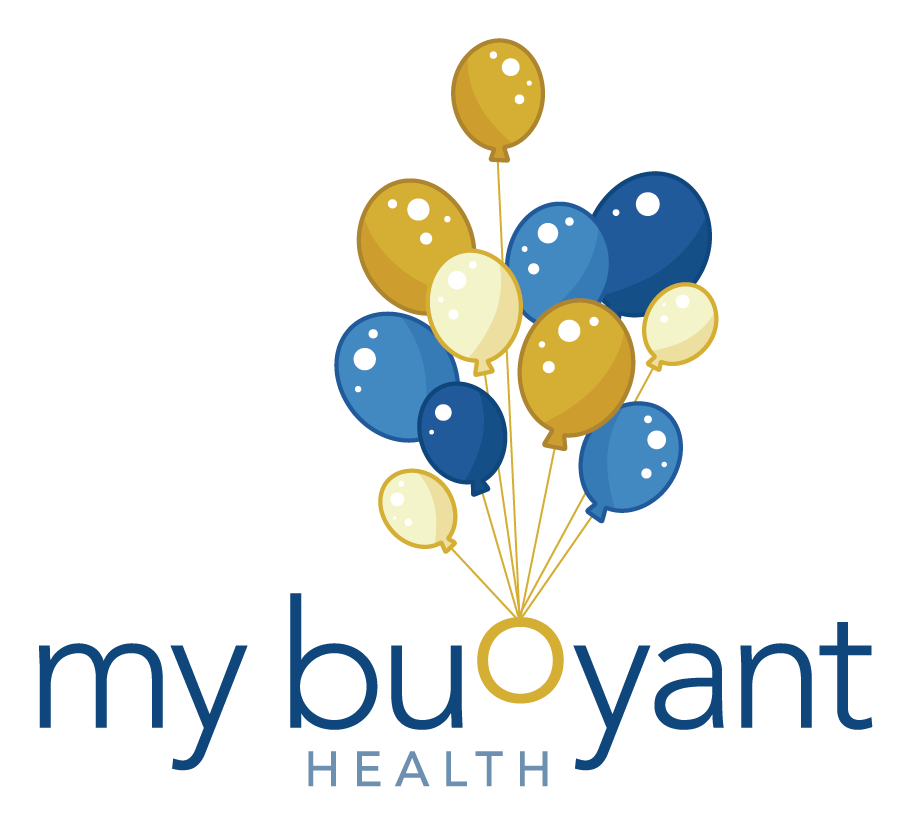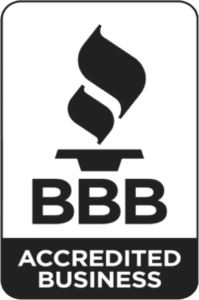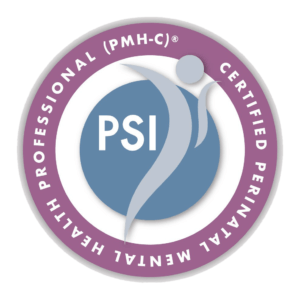
In short,
- Postpartum depression affects all parents, including non-birthing parents.
- Symptoms mirror those in birthing parents: sadness, anxiety, fatigue.
- Effective postpartum depression treatment is available for all parents.
Postpartum depression treatment is crucial for all parents, regardless of how their child arrived. While often associated with birthing mothers, postpartum depression can affect any parent after welcoming a new baby. This includes adoptive parents, fathers, and same-sex partners.
At My Buoyant Health, we understand that every parent deserves compassionate, evidence-based care and support.
Understanding Postpartum Depression in All Parents
What is postpartum depression? It’s a mood disorder that can occur after childbirth or adoption. It’s characterized by persistent feelings of sadness, anxiety, and fatigue that can interfere with daily life.
According to the Mayo Clinic, postpartum depression can affect both birthing and non-birthing parents, and early treatment greatly improves outcomes.
Postpartum Depression Symptoms in Non-Birthing Parents
The symptoms of postpartum depression are very similar, whether you gave birth or not. These include:
- Persistent sadness or low mood.
- Excessive crying.
- Difficulty bonding with the baby.
- Withdrawal from family and friends.
- Changes in appetite or sleep.
- Irritability and anger.
- Feelings of worthlessness, shame, or guilt.
- Anxiety and panic attacks.
- Thoughts of harming yourself or the baby.
These symptoms can range from mild to severe and can last for weeks or even months if left untreated. It’s important to remember that experiencing these feelings doesn’t make you a bad parent. It means you need support and care.
Risk Factors for Postpartum Depression in Non-Birthing Parents
Several factors can increase the risk of developing postpartum depression, regardless of parental role:
- History of depression or anxiety
- Relationship problems
- Lack of social support
- Financial stress
- Difficult adoption process
- Sleep deprivation
- Significant life changes (e.g., job change, moving)
Adjusting to parenthood is a significant life transition, and these stressors can worsen underlying vulnerabilities. Even if you’ve never experienced depression before, the challenges of new parenthood can trigger it. Remember to be kind to yourself and seek support when needed.
Why Is Postpartum Depression Treatment Important for All Parents?
Postpartum depression is not a sign of weakness or personal failing. It is a treatable medical condition. Seeking postpartum depression treatment early can significantly improve your well-being and your ability to bond with your baby.
MedlinePlus notes that early intervention is key to recovery and helps prevent long-term effects on both parent and child.
Ignoring the symptoms can have lasting consequences for both you and your family. Early care is the most effective way to begin healing and restore balance to your life.
Available Treatment Options
Several effective treatments are available for postpartum depression:
- Therapy: Cognitive behavioral therapy (CBT) and interpersonal therapy (IPT) are commonly used to treat postpartum depression. CBT helps you identify and change negative thought patterns, while IPT focuses on improving your relationships. A therapist can provide valuable support and guidance.
- Medication: Antidepressants may be prescribed to help regulate mood. Talk to your provider about the potential risks and benefits.
- Support Groups: Connecting with other parents who are experiencing similar challenges can provide a sense of community and reduce feelings of isolation. Sharing your experiences and hearing from others can be incredibly validating.
- Lifestyle Changes: Prioritizing sleep, eating a healthy diet, and engaging in regular exercise can also improve your mood. Even small changes can make a big difference.
Your provider can help you determine the best course of treatment based on your individual needs and circumstances. A combination of therapy, medication, and lifestyle changes is often the most effective approach.
Postpartum depression can feel overwhelming, but recovery is absolutely possible. Whether you’re a new father, adoptive parent, or partner, compassionate care is available both in person and through telehealth.
Postpartum Depression Treatment in Phoenix, AZ
If you are experiencing symptoms of postpartum depression, it’s important to seek professional help. Contact a mental health professional or your primary care provider. It’s especially crucial to seek immediate help if you have thoughts of harming yourself or your baby.
At My Buoyant Health, our licensed providers specialize in helping all parents navigate postpartum challenges and regain emotional balance. Our practitioner can provide a safe and supportive environment for you to explore your feelings and develop coping strategies.
Call My Buoyant Health at (602) 510-6582 or use our online appointment request form to connect with a qualified practitioner. You are not alone—help is available.




